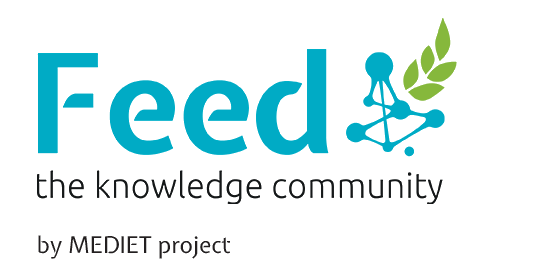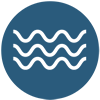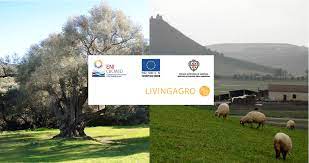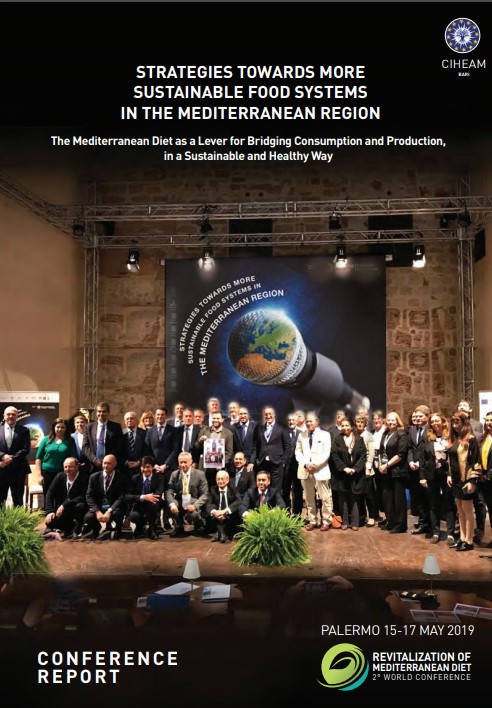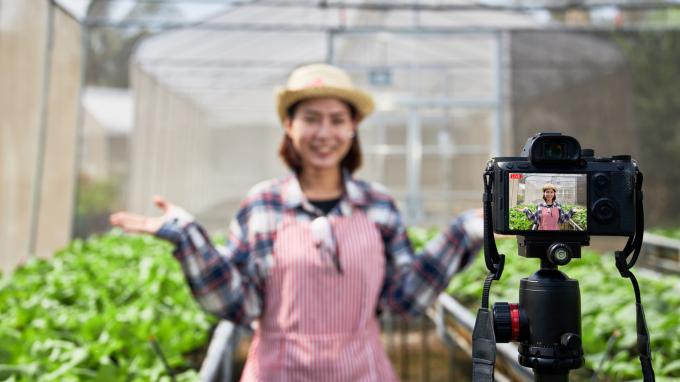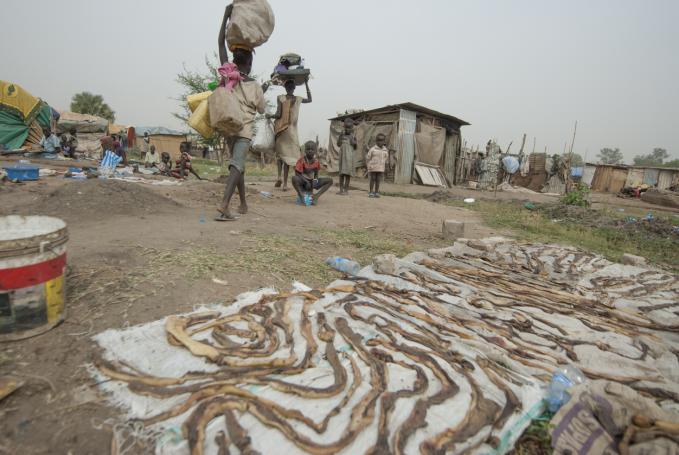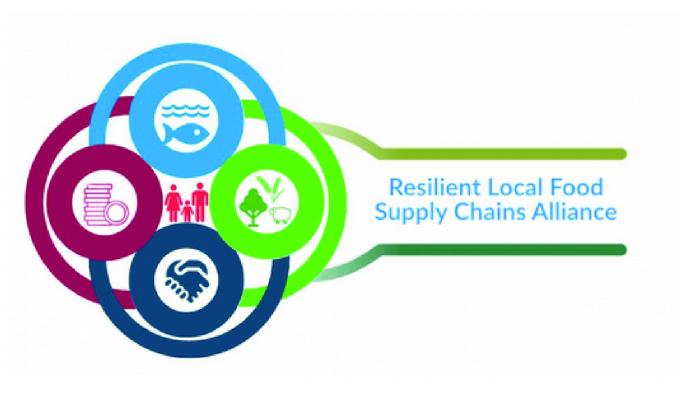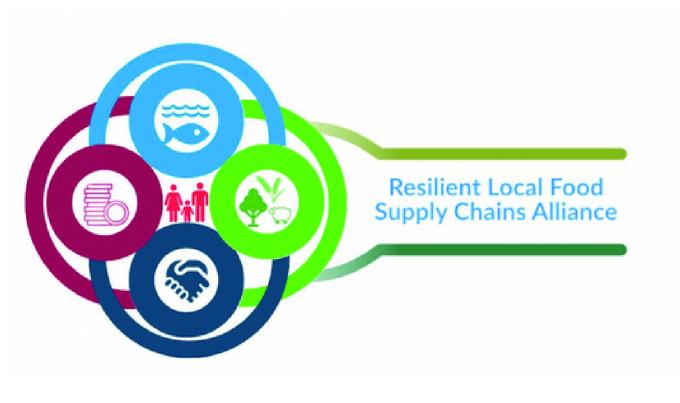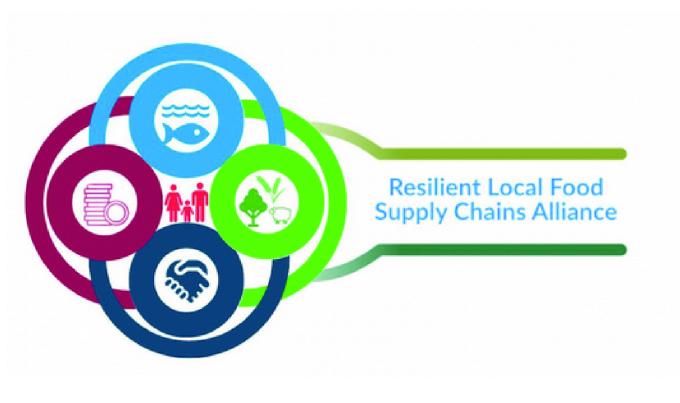Period
2023 - 2023
Small-scale fishing in the Mediterranean faces existential threats, with dwindling interest from new generations and economic pressures. SeaChange breathed new life into this ancient craft through its WEBPORT initiative. By bringing together 80 fishers from across the region, SeaChange sparked a sea of change, transforming practices, customs, and livelihoods. From Matrouh to Algiers, the impact reverberates. Co-ops now run bustling markets, while innovative preservation methods ensure freshness. In Zarzis, fishers' wives become entrepreneurs, running seaside eateries. The ripple effect continues with projects like NEMO Kantara in Tunisia and marine conservation efforts in Tyre. SeaChange doesn't just empower fishers; it ignites a cultural renaissance, celebrating tradition, sustainability, and the invaluable role of fishers in safeguarding our seas.
You must be registered to see all the content
Identification needs
Small-scale fishing is a highly endangered job in the Mediterranean. New generations are less and less taking up this work, and the opportunities to enhance the value of the catch with a resulting improvement of income depend greatly on the type of market the fisher manages to enter. Moreover, fishers necessarily need to look for other sources of income for their activity (tourism, catering, etc.) in order to improve their status and well-being. The loneliness of these figures further accentuates the difficulties in continuing to persevere in this activity, which results in both abandonment by young people and a reduction in the variety of the catch on consumers' tables. Established customs and traditions pose greater difficulties in implementing even the small changes that could improve the effectiveness of artisanal fishing, further amplifying the frustration of this important segment of food producers, who ensure quality protein supply and substances of high health value (Omega 3) in people's diets. The need to expand the range of income-generating services that these communities can implement has also been verified as a need.
Stakeholder change
The pilot groups that participated in the WEBPORT initiative, roughly 80 fishers in total, learned how to apply new fishing techniques, taking advantage of the advice and experiences of colleagues from other parts of the Mediterranean. This has resulted in a change in acts and customs, but more importantly, it has increased hope and confidence about the future of this important craft. Notable changes include: 1 Matrouh: The local cooperative now runs its own market for its catch. Restaurateurs use poor fish through a recipe book shared with the cooperative. The cooperative's income has increased. Fish preservation has improved through the use of ice and boat boxes. 2 Zarzis: The influence of seasonal illnesses due to cold from walking across the stretch of sea to reach one's boat in the winter months has been greatly reduced due to landing spots. Catch preservation has improved due to the use of ice and boat boxes. Fishers' wives run a small restaurant where they offer local seafood recipes to tourists, supplementing their income and consolidating their self-esteem. This initiative gave rise to the NEMO Kantara program, currently under execution in Tunisia. 3 Lamu: The initiative generated a new specific and targeted project through which fishers will be able to rely on the local ice production they manage and women will see increased potential in the seaweed market. 4 Port Palermo: The exchange of skills allowed for anticipating and changing the perspective of the blue crab problem into an opportunity, thanks to the practices that Tunisian and Egyptian fishers transferred allowing it to become an opportunity from an economic point of view, describing the fishing and culinary preparation methods of this predator. 5 Nador: Initiated training courses, carried out in primary schools to describe to children the nutritional and organoleptic qualities of fish and transfer the ways in which to treat fish for safe use from a health and hygiene point of view for food purposes. 6 Tricase: The initiative generated several projects with the communities with which Tricase came into contact. 7 Tyre: The initiative allowed to build a complex initiative within a funded program currently in execution on the two communities of Tricase and Tyre, represented by the two municipalities, related to environmental management and marine and coastal monitoring, as well as the creation of an environmental observatory and a recovery center for sea turtles, within the spaces of the Tyre Coast Nature Reserve. 8 Algiers: The initiative brought out a big regulatory gap, compared to all Mediterranean countries, as there is no biological rest period regulated by the Ministry of Fisheries. Continuing country regulations were provided, to enable the Algerian fishermen's association system to present a draft regulation on biological rest period on the model of those adopted in other countries.
Change triggered
After the trainings, meetings, and publications, what happened in these communities? Coastal Communities, fishers and local associations, networked together have fostered to increase awareness of the role of the fisher and those who are around the sea system and its coast. the recognition of good fishing practice, which enhances and promotes the ancient and traditional fishing practices that care for eco-compatibility, seasonality and harvesting from fish stocks; the promotion of commercial activities aimed at tightening the supply chain, facilitating direct relationships between consumer and fisher, putting into practice, also, collective sales initiatives managed directly by fishers and the creation of special brands; the enhancement of the union of the products of the sea with those of the land, as an ideal synthesis of culture, tradition, and harmonious relationship between man and nature, respecting tradition and cultural identity; the implementation of educational policies, especially of the youngest, to make them aware of the fish food heritage of their seas, the culture of fishers and artisans related to them, to protect their characteristics and typicality; the enhancement of the figure of the fisherman as a bulwark of biodiversity conservation, of a policy of protection of the sea and its species, as a factor of human and civil growth of the community, a source and opportunity for young people and future generations.
Short description
The change-inducing process was implemented by connecting the different pilot groups with each other via video calls and providing language support to non-Arabic speakers. Technical and cultural facilitation was provided by the Tricase group that animated the virtual meeting sessions. In particular, the Italian group provided practical and concrete experiences of multifunctionality (catering, fishing tourism) and integration with scientific research. During the various meetings, fishers described their experiences and techniques for catching various fish species, and shared aspects of culture, traditions, gastronomy and the environment. At Marsa Matrouh, Lamu and Zarzis, fishers were already members of a cooperative that was the target of training and equipment supply (nets, ice machines, docking and landing points, outboard motors, etc.) by CIHEAM Bari.
